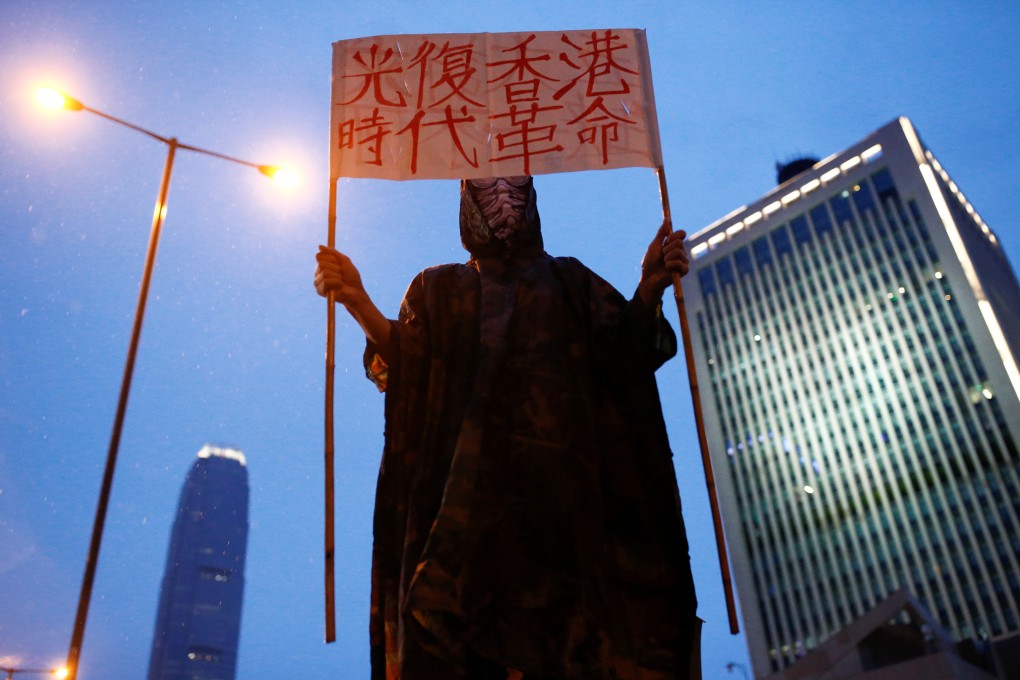Advertisement
Opinion | Hong Kong has a China problem: we don’t talk and think deeply about the mainland in our universities
- Universities in Hong Kong need to have a conversation about China that goes beyond Mandarin and business opportunities. The lack of research into contemporary China only benefits nativists and colonial-era nostalgists in Hong Kong
Reading Time:3 minutes
Why you can trust SCMP
0

Cooler heads will be needed for Hong Kong to think through the main issue behind the rejection of the now-dead extradition bill. It is a political but also a historical, intellectual, and emotional issue: not just the rule of law but our real relations with the mainland, and its real if inchoate sovereignty.
The Basic Law is here to stay, but it has also become apparent that, not unlike a piece of literature, it means different things to different people and has fundamental ambiguities: for example, what does it mean by “universal suffrage” and “democratic principles”? It all sounds like a matter for the tutorial room.
As Hong Kong cools off, and school kicks in with class boycotts and nastiness on campuses, the city needs to slowly, rationally think through and work out its relations with the mainland in practical terms and virtually all others.
Universities are precisely where one would expect to find such a conversation. Educational institutions are places to carry on what has been called the “great conversation of mankind”. We humanities professors deal with experience and wisdom accumulated over thousands of years of human civilisation, as well as eternal dilemmas.
When one considers the very real problems, pressure and pessimism of the city’s youth – even at an elite university like the University of Hong Kong – there is a deep need for what I would call a “China conversation” that goes far beyond language acquisition and business opportunities. Yet when it comes to the mainland, particularly its development and rise since 1949, the teaching-learning dialogue in Hong Kong is in a sorry state.
There is a lack of teaching, learning and conversation about China at the undergraduate and research levels in universities, particularly within arts and humanities broadly defined. Insofar as China is a concern, the conversation on the publication scene tends to be one-sided and anti-regime.
Advertisement
